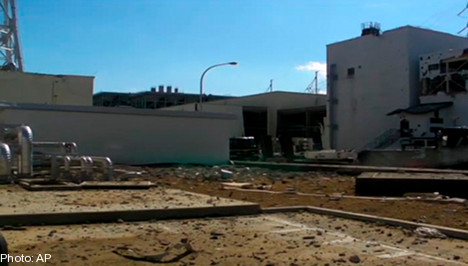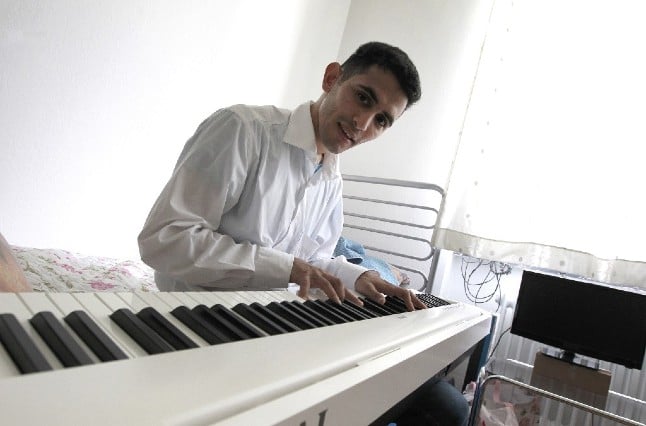According to Anders Jörle, the head of information at the foreign ministry, the risk of radioactive fallout reaching the city is now greater than before.
“It is the Swedish Radiation Safety Authority (Strålsäkerhetsmyndigheten) that have made the judgment that there is an increased risk of a change in wind direction,” he said to news agency TT.
On 16 March the foreign ministry advised Swedish nationals against travelling to Japan and urged all Swedes within the radius of 80 kilometres of Fukushima to leave the area.
On Saturday the advice was extended to “ anyone worried to be affected by potential fallout should consider leaving Japan or leave the area within 250 km radius of Fukushima”.
The foreign ministry also advised all Swedish nationals within the area to begin taking iodine tablets as a preventive measure. This includes Tokyo residents.
Swedes in Tokyo were told that they could collect tablets from the Swedish embassy from Sunday morning.
According to the foreign office, all Swedish nationals who have left their contact details with the embassy will receive a text message letting them know how to proceed should the fallout reach their area.
There were not many out of the 500-700 Swedes present in Japan at the time of the accident who chose to leave on the flights the foreign ministry had made available over the weekend.
The foreign ministry had arranged for two Scandinavian Airlines flights over the weekend. Only one Swede travelled on the first flight and 13 with the second. A further 150 had left on a flight leaving Japan on Friday.
It is not known how much the flights will cost the foreign ministry and the Swedish state. No further flights have been planned.
“It was the opinion of the government that they should be given this opportunity,” Pia Roed from the foreign ministry’s information department told TT.
Whether the new advice issued by the foreign ministry will make staying Swedes change their minds is still unknown.
“It is possible that more people choose to leave the country. If that happens we may have to reassess the situation, “ Peter Jörle told TT.




 Please whitelist us to continue reading.
Please whitelist us to continue reading.
Member comments